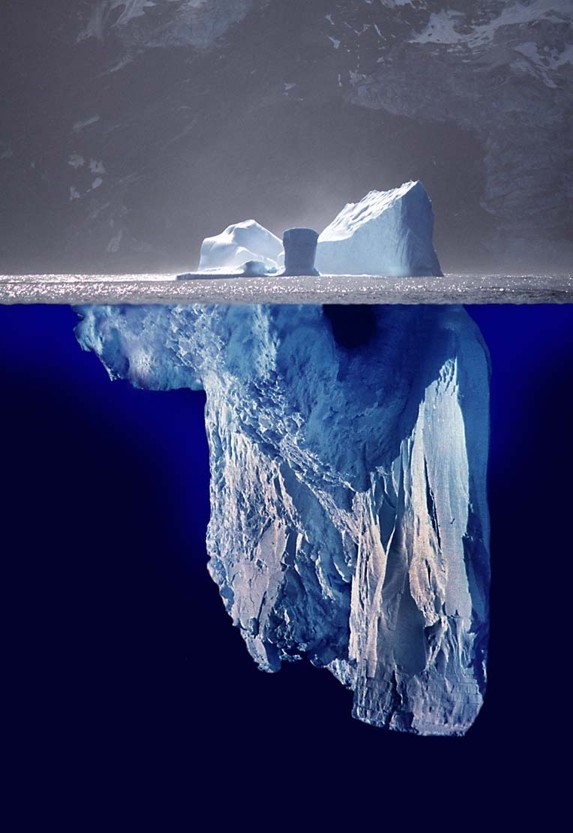A thought-provoking read in Scientific American by Peter Kinderman, a distinguished professor of clinical psychology at the University of Liverpool, who challenges the disease model of mental illness. He argues that mental health services should be based on the origins of psychosocial distress (trauma; social determinants of health). He further argues that the design and delivery of mental health services needs to change from focusing on treating disease to an understanding that mental health conditions are a result of peoples’ life circumstances.
He cites that over the past 20 years, we have seen a proliferation of consumer and survivor movements and advocacy for mental health policy reform. These efforts have led to national policy changes (Wellstone and Domenici Mental Health Parity and Addiction Equity Act; Health Information Technology for Economic and Clinical Health (HITECH) Act; provisions in the Patient Protection and Affordable Care Act or PPACA), in addition to calls for alternatives to traditional disease models of care. I agree with the author that we need not develop new treatment alternatives/approaches. We have robust and effective treatment alternatives with a strong evidence base. We just need to use them!
We also have considerable evidence that traumatic childhood experiences (ACE studies, poverty, etc.) are associated with serious mental health conditions.
He closes by arguing that we should move away from the symptom manifestations, diagnosis and etiology of illness and turn our attention to understanding the psychosocial underpinnings and life circumstances associated with mental health conditions. I will take this a step further; the goal should be on supporting a person to achieve recovery and wellness.
Remember the iceberg image? We tend to focus only on what we see. You see the tip of the iceberg because it is above water. The rest of the iceberg (the largest mass) is below the water. No argument there.
Many of us accept this notion and are challenging the status quo by advocating for policy makers, health system designers and payors, and practitioners who deliver services to focus on what is underneath the water. There is more to the surface than meets the eye! The same can be said for people and their mental health.
Recovery is possible!

